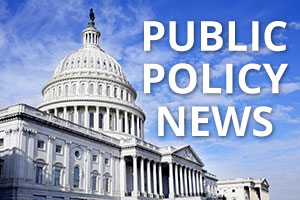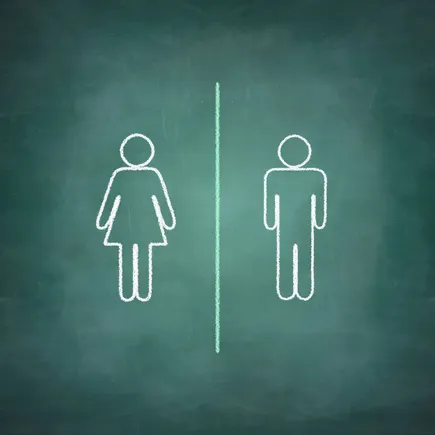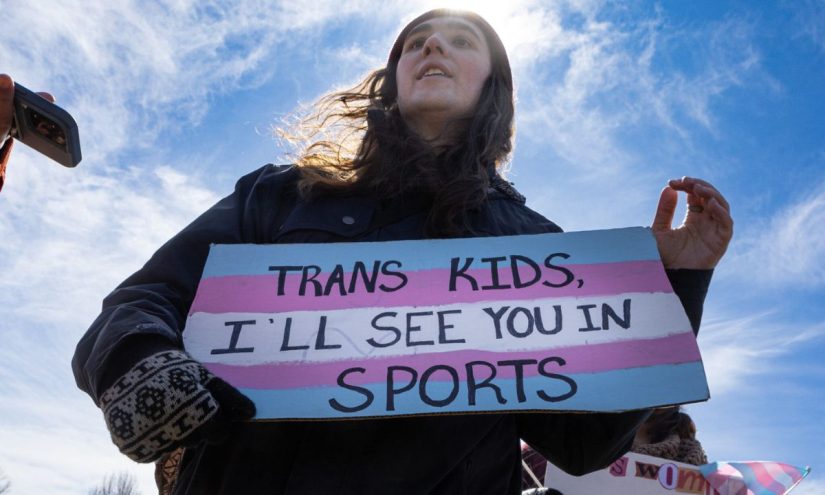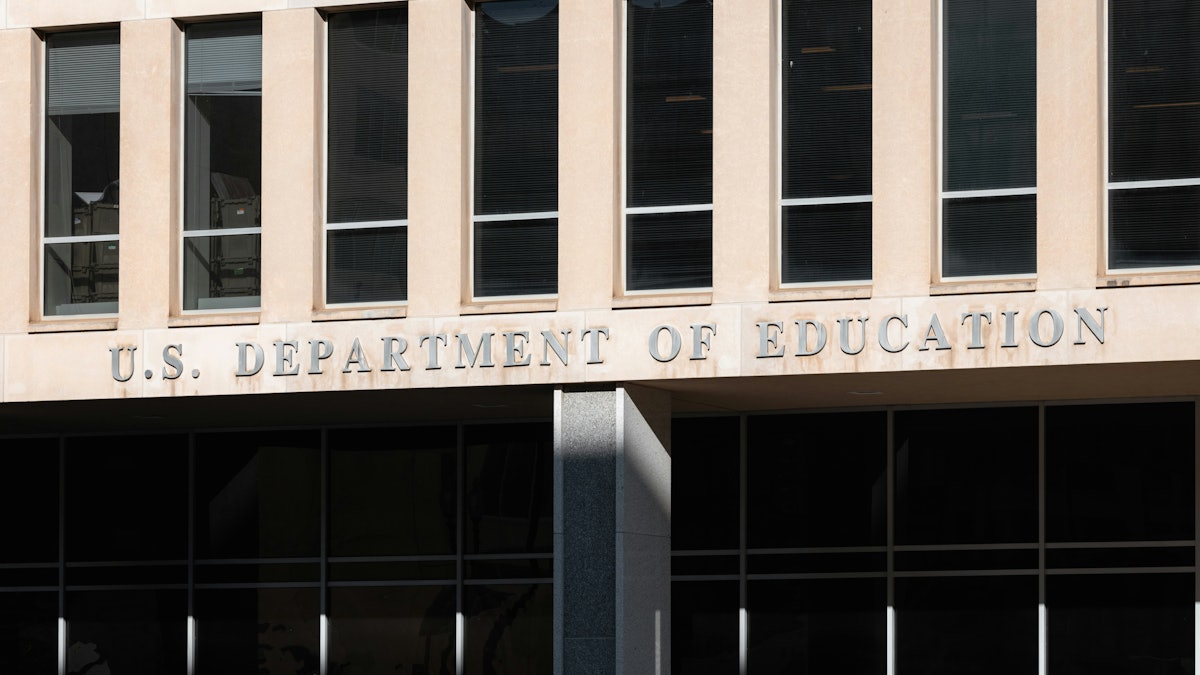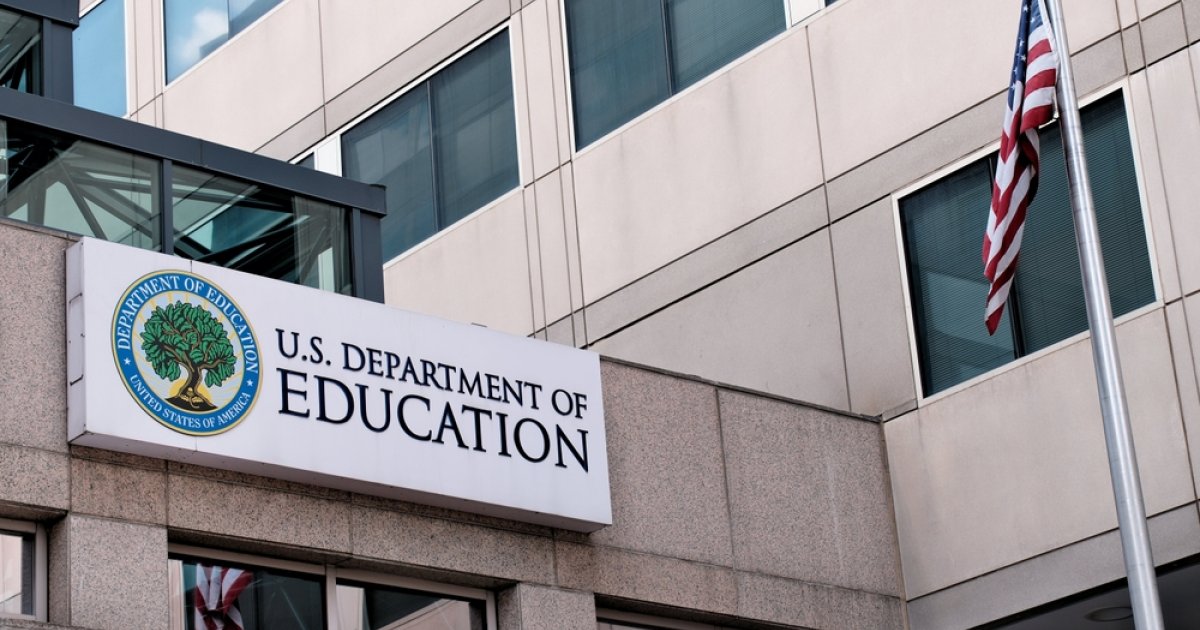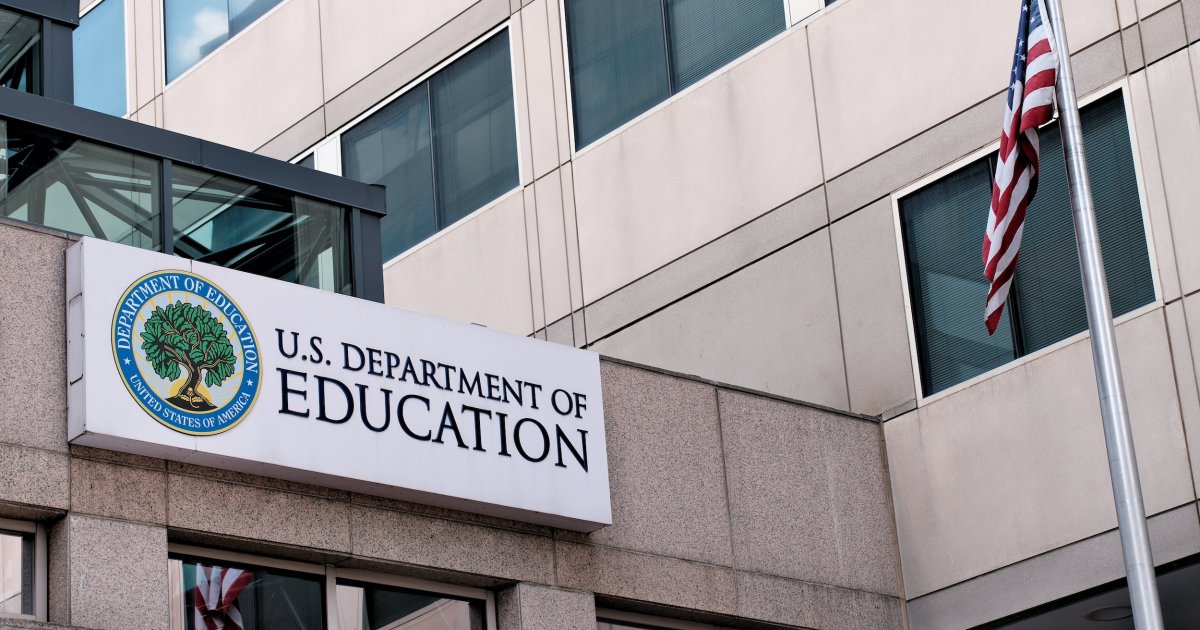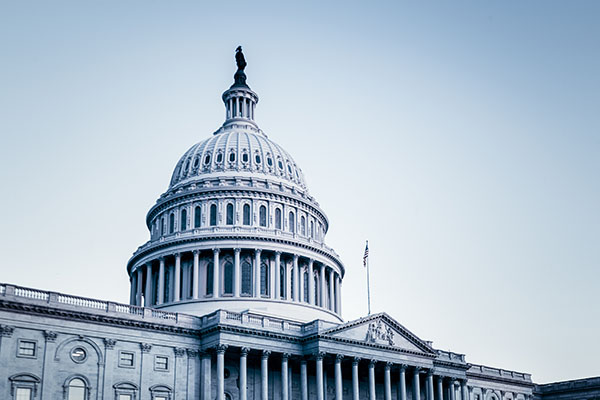Last week, the Department of Education’s Office for Civil Rights published a “Dear Colleague Letter” describing educational institutions’ obligations under federal anti-discrimination law and explaining how OCR will interpret Title VI and other legal authorities.
Since FIRE is, at its core, an organization dedicated to free expression, we reviewed OCR’s letter through that lens. In this blog entry, we offer recommendations to OCR to ensure that it does not unlawfully censor educational institutions or pressure them to censor their students and faculty, and we ask for additional clarification of the letter. We also offer recommendations to colleges and universities to prevent overreactions to the DCL and to ensure they continue to protect student and faculty free speech rights.
Overview of Title VI and OCR’s ‘Dear Colleague’ Letter
Title VI prohibits educational institutions receiving federal funding from discriminating against individuals on the basis of race, color, or national origin. In Students for Fair Admissions v. Harvard and Students for Fair Admissions v. UNC, the Supreme Court of the United States struck down racial preferences in college admissions for violating the Equal Protection Clause of the Fourteenth Amendment and Title VI of Civil Rights Act of 1964. In interpreting Title VI, the Equal Protection Clause, and the SSFA decision, OCR’s letter states:
Although SFFA addressed admissions decisions, the Supreme Court’s holding applies more broadly. At its core, the test is simple: If an educational institution treats a person of one race differently than it treats another person because of that person’s race, the educational institution violates the law [ . . .] Put simply, educational institutions may neither separate or segregate students based on race, nor distribute benefits or burdens based on race.
The letter also advises institutions to:
- Ensure that their policies and actions comply with existing civil rights law;
- Cease all efforts to circumvent prohibitions on the use of race by relying on proxies or other indirect means to accomplish such ends; and
- Cease all reliance on third-party contractors, clearinghouses, or aggregators that are being used by the institutions in an effort to circumvent prohibited uses of race.
The letter warns that “[i]nstitutions that fail to comply with federal civil rights law may, consistent with applicable law, face potential loss of federal funding.”
Irrespective of whether one agrees or disagrees with race-conscious policies, OCR is likely within its authority to prohibit institutions from providing or denying benefits to individuals based on their race. But while FIRE has no institutional position on affirmative action programs, we routinely see government actors use anti-discrimination rationales to censor First Amendment-protected speech.
Recommendations for OCR
FIRE has seen a number of states seek to rein in DEI-related administrative offices at their state educational institutions. We’ve told those legislatures repeatedly that, while they have significant authority to manage nonacademic bureaucracies at their public higher education institutions, they cannot restrict which ideas can be taught in the college classroom, including on topics related to “diversity, equity, and inclusion,” or related concepts. They also cannot restrict student organizations from forming around or advocating on behalf of DEI initiatives.
OCR’s new Dear Colleague letter chides educational institutions for “routinely us[ing] race as a factor in admissions, financial aid, hiring, training, and other institutional programming.” [Emphasis added.] It states that over the past few years, schools have “toxically indoctrinated” students, asserting that institutions have been “smuggling racial stereotypes and explicit race-consciousness into everyday training, programming, and discipline.” [Emphasis added.]
West Virginia Executive Order on ‘DEI’ unconstitutionally limits university classroom discussions.
News
West Virginia Gov. Patrick Morrisey issued an executive order to eliminate DEI practices in state agencies and organizations that receive state money.
Read More
While OCR is free to criticize colleges for overstepping the bounds of the law on DEI-related issues over the past few years, it must be careful when turning that criticism into policy. When a regulatory agency with the authority to cut off all federal funding to institutions cites certain types of “programming” as evidence that institutions could be violating federal anti-discrimination law, it risks chilling speech on those topics. That is especially true when the term “programming” is left undefined in the letter. Private institutions also maintain broad First Amendment rights of their own, and threats to punish them for their own speech about DEI or affirmative action risks violating the free speech rights of those institutions.
To abate any confusion arising from the letter, OCR should provide additional guidance to describe in more detail the types of programming it thinks violates Title VI and other anti-discrimination laws. Does OCR seek to prohibit institutions from hosting outside speakers who espouse disfavored ideas about DEI? Does OCR seek to limit particular classwork or research at institutions? If so, it has strayed beyond the First Amendment’s boundary.
To avoid chilling protected speech, OCR should clarify the distinction between providing benefits or preferences to individuals based on race or other protected characteristics, and pure speech about DEI and affirmative action — and make clear that it is not banning the latter. OCR must also be careful about regulating institutional trainings at private institutions in ways that violate institutional free speech rights.
As FIRE has made clear many times over the course of several administrations, OCR is bound by the First Amendment and cannot order or compel colleges and universities to violate it.
Courts have struck down government attempts to regulate DEI-related trainings offered by private businesses. The U.S. Court of Appeals for the Eleventh Circuit, for example, upheld an injunction blocking Florida’s Stop WOKE Act insofar as it applied to private business trainings, writing that “by limiting its restrictions to a list of ideas designated as offensive, the Act targets speech based on its content. And by barring only speech that endorses any of those ideas, it penalizes certain viewpoints—the greatest First Amendment sin.”
FIRE hopes OCR will quickly provide institutions with additional clarity about the full scope of its Title VI interpretations.
FIRE is challenging other parts of the Stop WOKE Act that restrict classroom instruction in higher education on First Amendment grounds. After a federal district court issued a preliminary injunction preventing the state from enforcing those sections of the law, our case is now before the Eleventh Circuit.
To the extent OCR is concerned about the lawfulness of certain mandatory training programs, OCR could require state institutions to make public their training materials on DEI-related issues. FIRE’s Intellectual Freedom Protection Act, which prohibits public colleges from requiring mandatory DEI statements — or any other political litmus test — as a condition of hiring or promotion, contains a provision that could be a useful starting point:
Each public institution of higher education in the state shall post and make publicly available all training materials used for students, faculty, and staff, on all matters of nondiscrimination, diversity, equity, inclusion, race, ethnicity, sex, or bias, and all of its policies and guidance on those issues, on its website.
Such a requirement would provide both regulators and the public with a better idea of how institutions train its students about DEI-related topics.
Recommendations for institutions interpreting recent executive orders, memos, and letters
If there is a conflict — real or perceived — between federal guidance and the First Amendment, the First Amendment prevails. For public institutions, this means they cannot violate faculty or student speech or associational rights regardless of federal agency guidance. For private institutions, this means federal guidance cannot unlawfully restrict the institution’s speech or pressure the institution to unlawfully suppress the speech or association of their faculty or students.
Campus administrators nationwide should not over-read this Dear Colleague Letter to justify censoring student or faculty expression. It would be wise to read it in conjunction with President Trump’s Jan. 21 Executive Order “Ending Illegal Discrimination and Restoring Merit-Based Opportunity,” the directive that likely led to this letter and that contains provisions expressly protecting free speech and academic freedom:
(b) This order does not prevent State or local governments, Federal contractors, or Federally-funded State and local educational agencies or institutions of higher education from engaging in First Amendment-protected speech.
(c) This order does not prohibit persons teaching at a Federally funded institution of higher education as part of a larger course of academic instruction from advocating for, endorsing, or promoting the unlawful employment or contracting practices prohibited by this order.
Since the Justice Department has a role in enforcing Title VI alongside that of the Education Department’s OCR, institutions should also note Attorney General Bondi’s memo on “Ending Illegal DEI and DEIA Discrimination and Preferences.” Her memo expressly notes:
This memorandum is intended to encompass programs, initiatives, or policies that discriminate, exclude, or divide individuals based on race or sex. It does not prohibit educational, cultural, or historical observances—such as Black History Month, International Holocaust Remembrance Day, or similar events—that celebrate diversity, recognize historical contributions, and promote awareness without engaging in exclusion or discrimination.
When read together in the context of these companion documents, the new DCL should provide no justification for institutions to believe they must censor students, student organizations, or faculty, or rush to cancel university-sponsored cultural events or celebrations. Moreover, doing so may well violate the First Amendment at public universities—and again, courts will always give precedence to constitutional guarantees over guidance and regulations. Colleges will, however, need to end any policy or programs that actively separate individuals or provide benefits based on race.
Given the tight timeline for compliance, FIRE hopes OCR will quickly provide institutions with additional clarity about the full scope of its Title VI interpretations. In the meantime, we again remind colleges and universities to honor their constitutional duties or institutional promises to protect the freedom of expression and academic freedom of their students and faculty.

